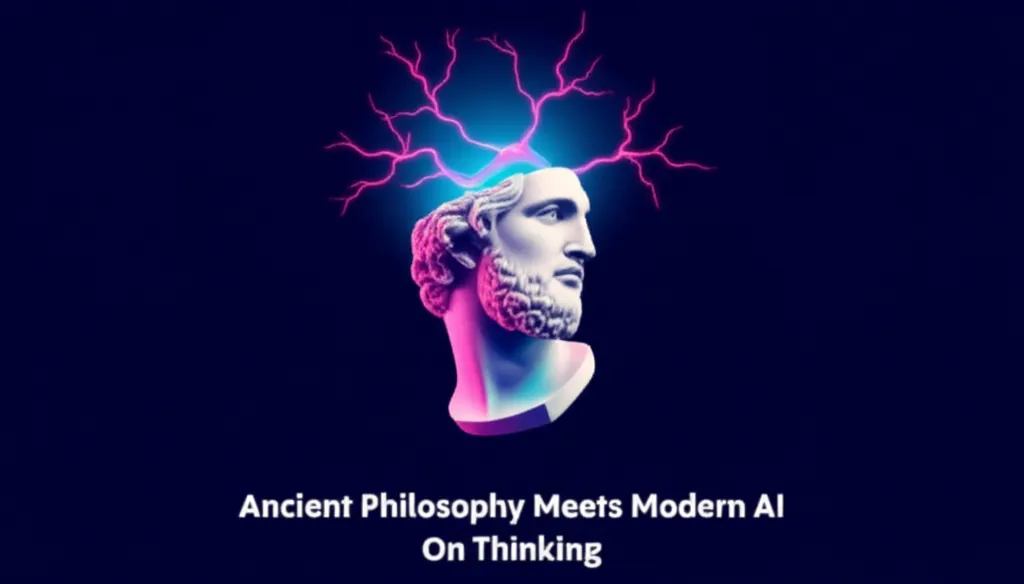Developer Offer
Try ImaginePro API with 50 Free Credits
Build and ship AI-powered visuals with Midjourney, Flux, and more — free credits refresh every month.
Critical ChatGPT Boundaries 11 Tasks To Avoid
ChatGPT and other AI chatbots have truly changed how we interact with technology and information. These tools can help you organize your life, plan budget-friendly trips, create weekly grocery lists, and even explore new career paths. Despite its impressive capabilities, ChatGPT is not without its flaws.
As a fan of the technology, I recognize its limitations, and it's crucial for every user to understand them. While it’s great for lighthearted tasks, you shouldn't give ChatGPT full control over important aspects of your life. The tool can be unreliable and, at times, downright problematic.
One of the main issues is that ChatGPT can “hallucinate” or invent information, presenting it as fact with unwavering confidence, even when it’s completely wrong. This is a common issue with generative AI tools. The risk increases significantly when dealing with high-stakes matters like taxes, health, or legal issues. If you're wondering where to draw the line, here are 11 situations where you should opt for a different approach instead of using ChatGPT.
1. Diagnosing Physical Health Issues
While it might be tempting to enter your symptoms into ChatGPT, the results can be terrifying and inaccurate. I once described a lump on my chest, and the AI suggested it could be cancer. A visit to a licensed doctor confirmed it was a harmless lipoma. While AI can be useful for health-related tasks like drafting questions for your doctor or translating medical terms, it cannot perform exams, order labs, or provide a real diagnosis. Always consult a medical professional for health concerns.
2. Managing Your Mental Health
ChatGPT can offer basic grounding techniques, but it is not a substitute for a real therapist. While some have found it mildly helpful for working through grief, it's a pale imitation of professional help. The AI lacks lived experience, cannot read body language, and has no genuine empathy. A licensed therapist operates under a code of ethics to protect you, whereas ChatGPT does not. For serious mental health crises, please contact a professional or dial 988 in the US.
3. Making Immediate Safety Decisions
If a carbon monoxide alarm goes off, your first action should be to get to safety, not to ask ChatGPT if the danger is real. AI cannot smell gas, see smoke, or call for help. In a crisis, every second counts. Use the chatbot for post-incident analysis, not as a first responder.
4. Getting Personalized Financial or Tax Planning
ChatGPT can explain financial concepts, but it doesn't know your personal financial situation, tax bracket, or retirement goals. Its training data may be outdated, leading to stale advice. It cannot replace a CPA who can find deductions or spot costly mistakes. Never input sensitive information like your Social Security number or bank details, as you don't know where that data will be stored or how it will be used.
5. Handling Confidential or Regulated Data
Never input sensitive or confidential information into ChatGPT. This includes embargoed press releases, client contracts, medical records, or any data protected by privacy laws like CCPA, HIPAA, or GDPR. Once you enter information into the prompt, you lose control over it. Treat ChatGPT like a public forum: if you wouldn't post it publicly, don't enter it into the AI.
6. Doing Anything Illegal
This should be self-evident. Do not use AI for illegal activities.
7. Cheating on Schoolwork
Using AI to write your assignments is a risky proposition. Plagiarism detectors are becoming more sophisticated, and professors can often spot AI-generated text. The consequences, including suspension or expulsion, are severe. Use ChatGPT as a study partner to brainstorm or understand concepts, not as a ghostwriter to do the work for you.
8. Monitoring Information and Breaking News
Although ChatGPT can now search for recent information, it does not provide a continuous live feed of updates. For real-time information on breaking news, stock prices, or gas prices, you are better off using live data feeds, official news sites, and streaming coverage.
9. Gambling
While I once got lucky with a sports bet based on ChatGPT's input, I would never recommend it. The AI can hallucinate player stats, misreport injuries, and provide outdated information. I only won because I meticulously double-checked every piece of data. Don't rely on an AI to predict future outcomes.
10. Drafting a Will or Other Legally Binding Contracts
ChatGPT is useful for understanding legal concepts, like a revocable living trust. However, do not ask it to draft legal documents. Laws vary significantly by state and county, and a small mistake can invalidate an entire contract or will. Use the AI to prepare questions for your lawyer, then have a professional draft the legally binding documents.
11. Making Art
This is a personal opinion, but I believe art should be created by humans. While AI is a fantastic tool for brainstorming and supplementing creative work, it shouldn't be a substitute for human creativity. Using AI to generate art and passing it off as your own feels disingenuous.
Compare Plans & Pricing
Find the plan that matches your workload and unlock full access to ImaginePro.
| Plan | Price | Highlights |
|---|---|---|
| Standard | $8 / month |
|
| Premium | $20 / month |
|
Need custom terms? Talk to us to tailor credits, rate limits, or deployment options.
View All Pricing Details


